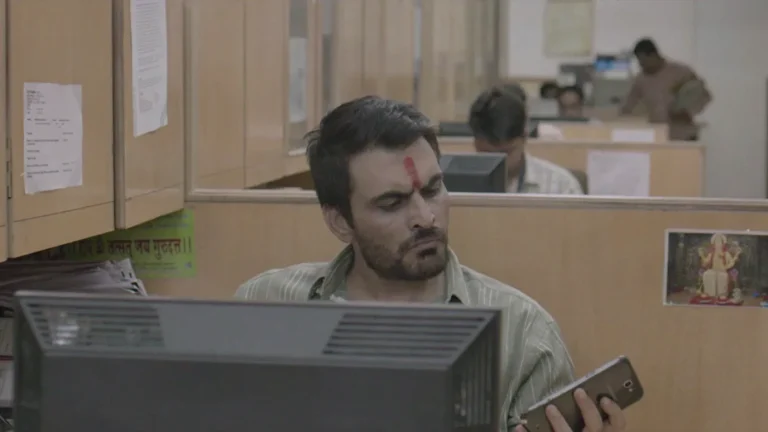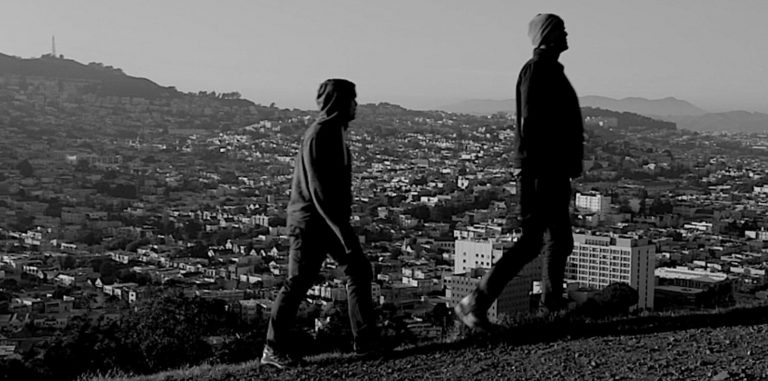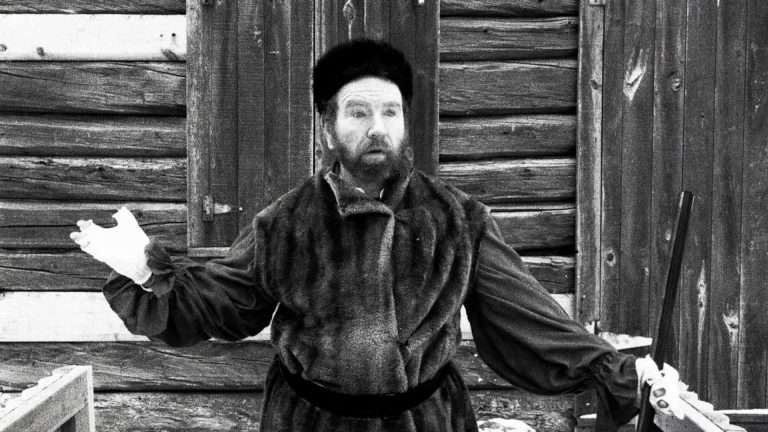The Menendez brothers, Erik and Lyle, have been at the center of one of America’s most infamous criminal cases for over three decades. In August 1989, they brutally murdered their parents, José and Mary Louise “Kitty” Menendez, a crime that sparked intense media scrutiny. Now, 35 years later, Netflix has released a compelling new documentary titled The Menendez Brothers, directed by Alejandro Hartmann. This account delves deep into the brothers’ lives, their trials, and the lingering questions surrounding their actions. In comparison to the recent Ryan Murphy Netflix series Monsters: The Lyle and Erik Menendez Story the documentary takes a sympathetic approach to the brother’s trails.
Here are 5 shocking revelations from the documentary that shed new light on the case.
1. Critical oversight by the police
One of the most startling revelations in the documentary is the Menendez brothers’ admission that they had “no alibi” at the time of their parents’ murders. Erik Menendez candidly shares that “the gunpowder residue was all over [their] hands” when the police arrived, yet their car, containing shell casings, was never searched—a critical oversight by law enforcement.
This admission undermines their initial claim of being at the movies and raises significant questions about the investigation’s thoroughness. Erik reflects, “It’s pretty incredible we were not arrested that night,” highlighting the glaring inconsistencies in their defense.
2. Dr. L. Jerome Oziel’s Role and Alleged Blackmail
Dr. L. Jerome Oziel, the therapist who became a pivotal figure in the Menendez case, is portrayed in a disturbing light in the documentary. Both Erik and Lyle recount how Oziel manipulated their therapy sessions, ultimately leading to Erik’s confession being used against them in court.
Lyle alleges that Oziel engaged in “blackmail” rather than offering genuine therapeutic support. Instead of helping them cope with their trauma, Oziel sought to extract incriminating statements, undermining the brothers’ credibility and further complicating their defense. This revelation casts a shadow over the integrity of the legal proceedings that followed.
3. The 17-page Letter from Lyle
In a gripping moment, the documentary reveals the discovery of a 17-page letter written by Lyle Menendez, found in Erik’s cell at the county jail. In this letter, Lyle confesses to their parents’ murders but pleads with Erik to “please destroy” it—a request Erik ultimately ignored.
Lyle explains, “He couldn’t express what he did in that letter in person. It was easier for him to put it on paper.” The letter not only serves as a confessional piece but also adds a layer of complexity to their motivations, suggesting a profound internal struggle and remorse that was never fully explored during their trials.
4. New Evidence that emerged decades later
The documentary brings to light recent developments that could potentially reshape the Menendez case. In May 2023, their attorney filed a habeas petition introducing new evidence, including an alleged letter from Erik discussing ongoing sexual abuse and an affidavit from Roy Rosselló of the band Menudo, accusing José Menendez of sexual assault.
These revelations, if proven, could provide significant support to the brothers’ claims of abuse, offering a new perspective on their actions and possibly influencing future legal proceedings. The Los Angeles District Attorney’s office has scheduled a hearing for November 29, 2024, to review this fresh evidence.
5. Life in Prison: Healing and Advocacy
Beyond the courtroom drama, the documentary provides an intimate look into Erik and Lyle’s lives behind bars. Erik has turned to art as a form of “spiritual healing,” dedicating up to 12 hours a day to painting—a stark contrast to the violent act that condemned him.
Meanwhile, Lyle has become a beacon of support for other sexual abuse survivors within the prison system. He shares, “They were just kind of giving me courage because they were basically saying they never… had a voice to talk about it.” Their dedication to advocacy and personal healing offers a poignant glimpse into their lives post-conviction, challenging the public’s perception of them solely as perpetrators.





![Harpoon [2019]: ‘Fantasia’ Review – A self-aware Boat-Movie](https://79468c92.delivery.rocketcdn.me/wp-content/uploads/2019/07/Harpoon-highonfilms2-768x432.jpg)
